The Canada Pension Plan (CPP) is a retirement pension benefit paid out by the Federal Government to eligible individuals or their families. The amount received is based on what you have contributed to the plan during your working years and for how long you made those contributions.
The CPP was established in 1966 and has undergone several changes since then, with more significant changes on the horizon. For those who work in Quebec, the provincial plan is referred to as the Quebec Pension Plan (QPP).
Read on to learn about CPP eligibility, payment dates, contribution amounts, enhancements, and more.
Who is Eligible for the CPP?
- The standard age to start receiving the CPP pension benefit is age 65. However, a person can become eligible for the reduced CPP as early as 60. If you want an even increased pension benefit, you can postpone your CPP pension until after age 65 (up to a maximum age of 70).
- To be eligible, you must have worked in Canada and made CPP contributions
- You must apply to receive the CPP pension benefit and can do so for up to 12 months before you plan to start receiving the benefit.
CPP Contributions for 2023
The contribution rate for CPP is 5.95% (or 11.90% if self-employed) on earnings above $3,500 up to $66,600 in 2023.
If you earn $3,500 or below (Yearly Basic CPP Exemption), you do not contribute to CPP, and for earnings above $66,600 (Yearly Maximum Pensionable Earnings – YMPE), no CPP is deducted.
The maximum CPP contribution for employers and employees is $3,754.45 each. CPP contributions are required from age 18 but are no longer required after you start receiving CPP benefits or turn 70.
CPP Enhancements for 2024 and Later
The CPP is being updated, and the changes are in two main phases.
Starting in January 2023, you will see an increase in your CPP contribution rate from 5.70% to 5.95%. This means that your total annual CPP contribution will rise to 11.90% (your contribution + your employer’s contribution) of your pensionable earnings.
Self-employed individuals who participate in the CPP will pay the full amount. See the table below for rates.
| Year | Employee contribution rate | Employer contribution rate | Self-employed contribution rate |
| 2018 | 4.95% | 4.95% | 9.90% |
| 2019 | 5.10% | 5.10% | 10.20% |
| 2020 | 5.25% | 5.25% | 10.50% |
| 2021 | 5.45% | 5.45% | 10.90% |
| 2022 | 5.70% | 5.70% | 11.40% |
| 2023 and later | 5.95% | 5.95% | 11.90% |
The second phase of CPP enhancements starts in 2024 with changes to the maximum pensionable earnings that you make contributions on.
In 2024 and 2025, an additional 8% in contributions (4% for employees and 4% for employers) will apply to earnings between the YMPE at the time and a new earnings upper limit.
Impacts of the Enhanced CPP
The original CPP was designed to replace 25% of your average work earnings up to a limit. With the enhanced CPP, pension amounts are expected to replace 33% of your average pre-retirement income.
The current maximum annual CPP benefit is $15,678. When the new CPP is fully implemented, retirees can expect to receive approximately $21,000 in today’s dollars.
While the maximum impact of this increase will not be seen until 2065, those who make contributions under the new system started seeing an increase in 2019.
How Much CPP Will You Get?
Your monthly CPP pension payment will depend on how many years you worked and contributed and your average salary during this time. Let’s break it down:
The current maximum monthly CPP benefit is $1,306.57, while the average monthly payment amount for new beneficiaries is $717.15. Most people will not receive the maximum amount either because :
A. They have not contributed to the CPP for at least 39 years between the age of 18 and 65, or
B. They have not made the maximum CPP contributions during their working years for at least 39 years. The maximum annual CPP contribution is based on the Yearly Maximum Pensionable Earnings (YMPE) announced by Canada Revenue Agency every year.
Based on how the CPP is set up, if you immigrated to Canada in your 30s (like me) or later, you should not expect to receive the maximum CPP amount.
This highlights the need for “new Canadians” to aggressively maximize alternative retirement savings/investing plans available, including the Registered Retirement Savings Plans (RRSP), Tax-Free Savings Accounts (TFSA), and other non-registered accounts.
Related: How Much Money Will You Need In Retirement?
To estimate how much CPP benefit you will receive at retirement, you can use Service Canada’s Retirement Income Calculator. Have your CPP Statement of Contribution handy… it is available on your My Service Canada Account.
You can also obtain this information by calling them at 1-877-277-9914.
What Age Should You Choose To Take CPP?
If you begin taking CPP benefits early, your CPP payment is reduced by 0.6% for each month you receive it before age 65. Conversely, if you begin taking your CPP later (i.e. after age 65), your CPP payment is increased by 0.7% for every month you delay receiving up to age 70.
Therefore, an individual who starts receiving CPP benefits at age 60 will get 64% (less 0.6% x 60 months) of the benefits they would be eligible for if they had waited till age 65.
Individuals who wait until age 70 before they start receiving benefits will get 42% (plus 0.7% x 60 months) more than they would have been eligible for if they had taken it at age 65.
Deciding on what’s best for you depends on your peculiar circumstances. There is no “one-size-fits-all” solution.
Factors that should be taken into consideration include: your life expectancy, health status, current income, debt level, number of years worked, amount of benefits you qualify for, plans to continue working, etc.
CPP Payment Dates in 2023
- January 27, 2023
- February 24, 2023
- March 29, 2023
- April 26, 2023
- May 29, 2023
- June 28, 2023
- July 27, 2023
- August 29, 2023
- September 27, 2023
- October 27, 2023
- November 28, 2023
- December 20, 2023
CPP Provisions
CPP is adjusted annually for inflation: CPP benefits are adjusted annually to account for increases in the cost of living based on the Consumer Price Index (CPI).
General drop-out provision: This provision drops up to 8 years of your lowest earning years when calculating your CPP benefits. This helps to reduce the impact of periods when you had low or zero earnings and increases the maximum CPP pension you qualify for.
Child-rearing provision: In addition to the general drop-out provision, if raising children caused you to stop working or earn a lower income, the child-rearing provision boosts your CPP benefits by excluding this period when calculating your CPP benefits.
Pension sharing: You can share CPP benefits with your retired and eligible spouse or common-law partner. This may result in tax savings if one spouse or partner is taxed at a higher marginal rate.
Other CPP Benefits
Survivor’s pension
The spouse or common-law partner of a deceased contributor may be eligible to receive a monthly survivor’s pension. The maximum CPP survivor’s benefit for 2023 is $707.95 (under age 65) and $783.94 (over age 65).
Death benefit
This is a one-time, lump-sum payment made to the estate of the deceased contributor. The maximum death benefit payable is $2,500.
Children’s benefits
These are monthly payments to dependent children of a disabled or deceased CPP contributor. The children must either be under 18 or not more than 25 and enrolled as full-time students in a recognized school or university.
Conclusion
The CPP pension benefit is one of 3 government benefits available to seniors in retirement. Others include the Old Age Pension (OAS) and the Guaranteed Income Supplement (GIS).
It is great to have these benefits available in retirement. However, they are unlikely to sufficiently cater to all your retirement needs.
For new Canadians, the eligible amount is likely to be even lower, so it is important that you start to plan for retirement today.
Related Posts:
- CPP and OAS Benefits for Surviving Spouses and Children
- The Complete Guide To Retirement Income in Canada
- Understanding RRSP Transfers
- Designating a TFSA Beneficiary
- RRSP Over-Contribution: What are the Penalties?
- Everything You Need To Know About RRSPs
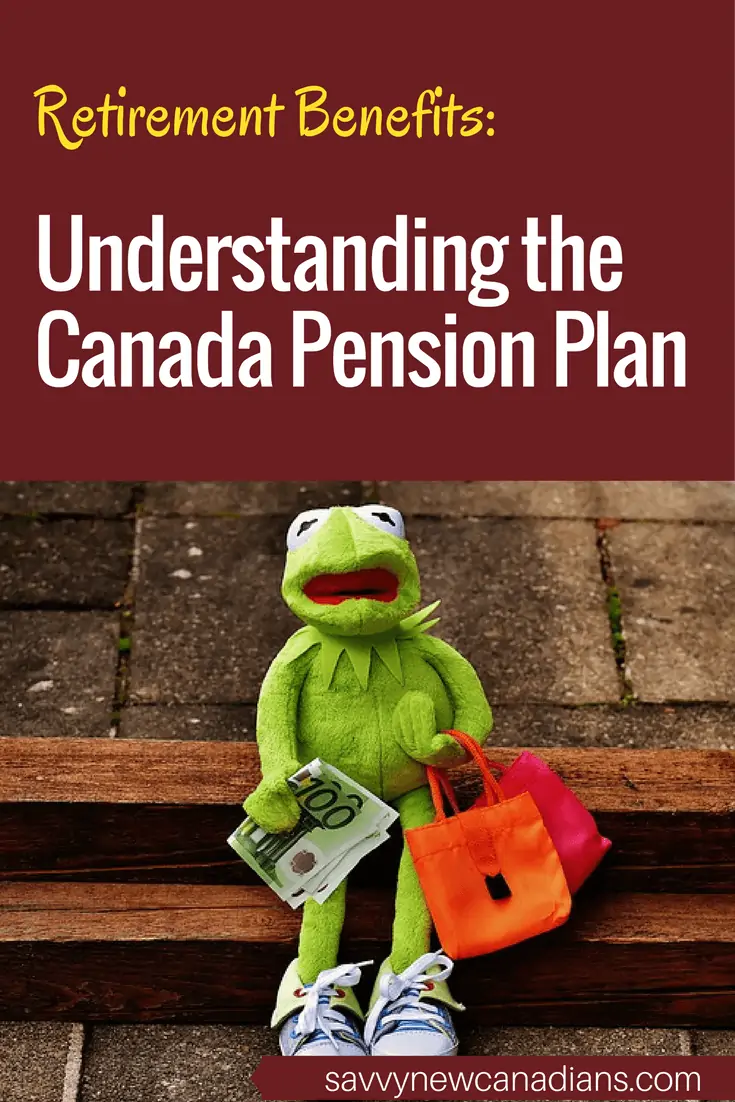
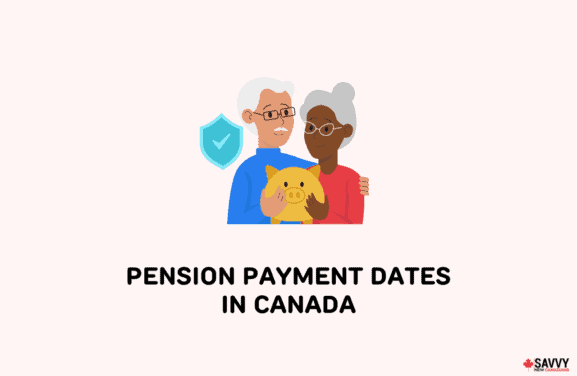
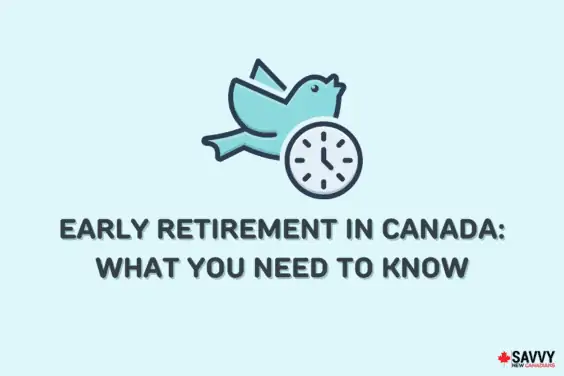

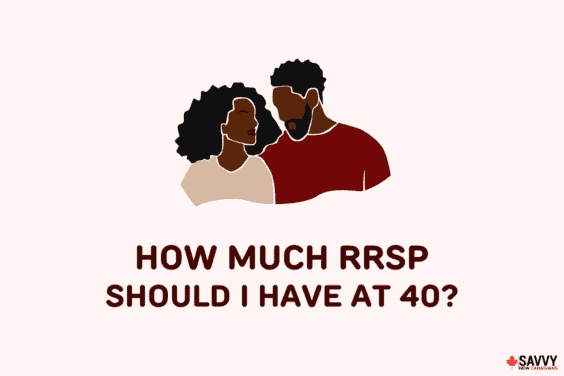
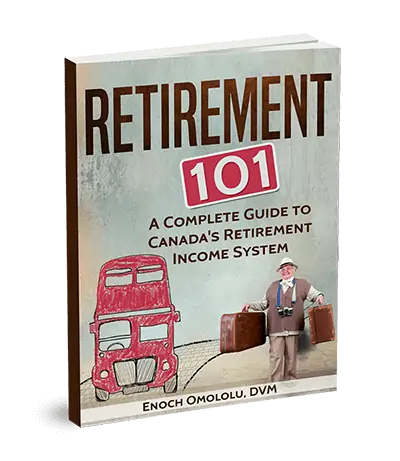

I changed bank accounts and wondering what happened to my deposit from end of April. SIN XXXXXXXXX
@Paula: You will need to contact Service Canada directly at 1-877-277-9914 to find out what’s going on. Cheers.
If I delay receiving my CPP are they assuming I’m also still contributing? Or can I retire from my job at 65, not contribute or collect and still get an increased pension at 70?
@Carolynn: No, you do not have to continue contributing to CPP to get the increased amount.
My brother in law’s August 28th,2019 CPP payment was $50 less (according to him)than previous months.Briefly would you know of reason for this ?
This is the first month of OAS credit to his account.He turned 65 on June2 2019 and applied and received CPP for over a year now.
Many thanks for your time.
@Susan: I am not sure why his CPP would decrease. Basically, CPP benefits are based on how much he has contributed over the years. That being said, his OAS benefits may be clawed back depending on his other income, including CPP.
Here are some strategies for minimizing the OAS clawback:
https://www.savvynewcanadians.com/strategies-minimize-old-age-security-clawback/
Hello. I would like to retire in June of 2020. I will only be 52 years old but have contributed to it since I was 18. I was told by my father and a couple other senior that I have to keep working and contributing until I am 55. I contacted CPP the other day and the lady I spoke with said that this is not true. You can stop working whenever you want, your CPP would just reflect this when you start collecting. It sound all reasonable to me, however my father and a few others keep telling me otherwise…lol
Please confirm.
Thanks!
Sharon
@Sharon: You can stop working and contributing at any time. Your CPP payments will reflect your contributions up until the time you stop contributing and when you start collecting.
Hi Enoch,
I am a new arrival to Canada and i would like to know more about the pension system. I just started with a new company and i work in hospitality. i was told that my company doesnt have pension plans. What are my options?
Thanks,
your response is greatly appreciated.
@Krita: My retirement income guide may give you some ideas:
https://www.savvynewcanadians.com/a-complete-guide-to-canadas-retirement-income-system/
Cheers,
E
HI. I divorced my husband in 1990. he is eligible for old age pension in June of 2020. Would I be eligible for a spouse allowance?
@Beatrice: Unfortunately, the spousal allowance does not apply if you are already divorced or separated from your spouse or common-law partner who is now eligible for OAS.
That being said, if you now have another spouse or common-law partner who qualifies for OAS benefits, you may be eligible.
you have to remember that you have to give to cpp for 10 years or when you pass you do not receive the death amount for my mother died at 87 and she ended up being self employed so she paid for 6 years to cpp when working for someone else after she didn’t put in so i was informed that if you don’t pay in for 10 years you do not receive the death amount.
I live in Australia but I am waiting for Canada Pension from you .. I want as much importation to help me updated information of the Pension thankyou
We farmed for a number of years back in the 70s and 80s. During that time we could not pay into CPP for my wife because she did not work outside of the house. This wa and still is a bunch of crap because she did as much work OR even more that me. So now that we are retired she gets very little CPP which is not right.
Is there any way we can get this corrected?
Thanks
@Dale: Unfortunately, I am not sure whether there’s a solution to her situation as CPP payments are intricately tied to contributions. I would suggest giving them a call, but it may not help much.
When I turned 60. I receive $428. So having lived common law who passed. So I can apply to receive his CPP contribution now? Or after turning 65. Also having disabilities, do I qualify for CPP Disabilities?